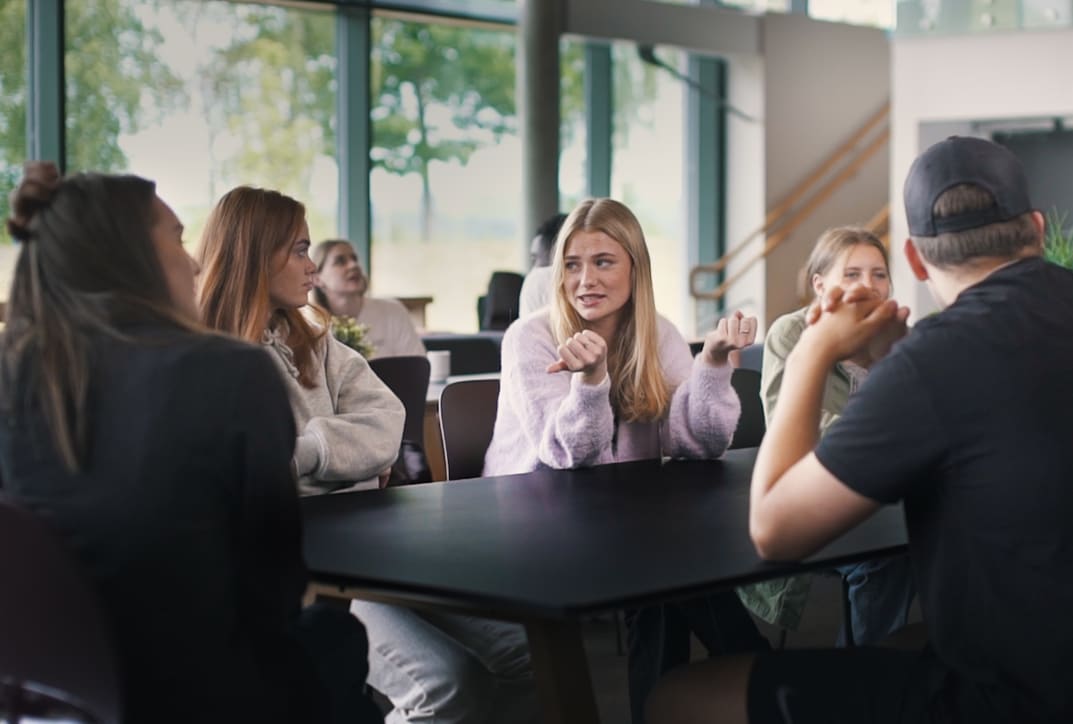
Do social situations make you nervous? You are not alone. We humans have an almost built-in terror of making fools of ourselves or being negatively judged by others.
You can train yourself to be less nervous!
For some people, this terror is so stressful that they start to avoid social situations. Then it is good to know that it does not need to be like this. Fortunately, there are a few things you can do that have been shown to help a lot if you practise a little.
Here are some tips to help you cope with nervousness:
1. Do not fear your fear!
You cannot decide whether you become anxious or not. When you get anxious, your body reacts. You can feel your voice shaking, you blush or start to perspire. If you attempt to control it, you tend to become more focused on it. The brain is ‘childish:’ “if you don’t want it, you get it…!” Face your fear instead!
2. Avoid avoiding!
It is not uncommon to avoid situations that cause discomfort. The problem with avoidance is that you miss the opportunity to master what you find difficult. If you manage this without being controlled by discomfort, this can give you a real boost in confidence. Be brave and throw yourself into the fray!
3. Recognize the negative thoughts!
When you get nervous in social situations, it is quite common that negative thoughts about yourself appear: “I’m boring, stupid or weird.” You can practice noting these thoughts without taking them seriously, although it might feel that way.
4. Take note of whether you worry at lot beforehand!
Worrying can be an attempt to be better prepared for what you fear. Perhaps you become concerned about planning in detail? Worries can increase the chance of avoiding or becoming more focused on what you fear will happen. Becoming aware that you are worried can be a bit difficult because the concerns feel so real and important. Practice becoming aware that you are worrying and choose to let go of the worries. Unfortunately, worries do not work well as preparation.
5. Take note of what happens when you get nervous!
If you experience social settings as unpleasant, you may become extremely focused on yourself, your own thoughts and what is happening in your body. You may become concerned about what to say or how to say it? Try to direct your attention outwards, even though it is uncomfortable. What are other people wearing? What is the color of their hair or eyes? Let go of trying to figure out what other people are thinking - in any case, it is impossible!
6. Take note of what happens afterwards!
Sometimes negative thoughts appear after you have been in a social setting. This can make you uncertain and you start to think how it “really” went. A negative conclusion is often the outcome. Take note of whether you analyse social situations afterwards and choose to “let it go,” even if there is uncertainty.
7. Be kind to yourself!
Boast of yourself for achieving things. Some people think it is difficult and perhaps a bit frightening to think something positive about themselves and what they can achieve. This might be because they want to protect themselves from disappointment if things do not turn out as they wish. Dare to hope and to be “your own friend!” Would you have said the same to a friend in a demanding situation?
Free courses?
NHI has good, free self-help courses developed by psychologist Magnus Nordmo. There are several modules in the Social Anxiety course, such as one on blushing (module 7):
Self-help course: Social anxiety (NHI)Talk to someone!
Talk to a friend, family member or a psychologist, therapist or counsellor on campus.
SSN Health has many skilled counsellors.

